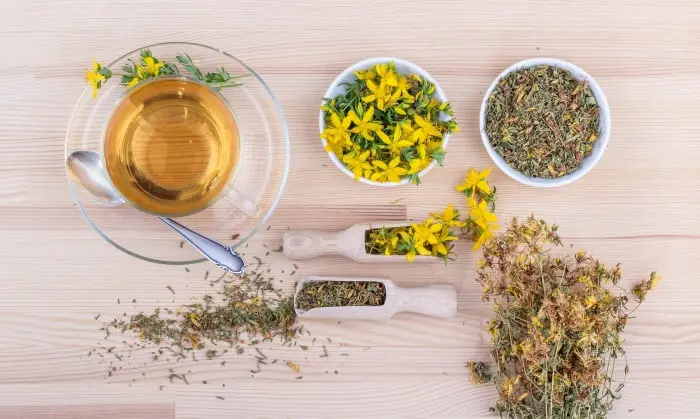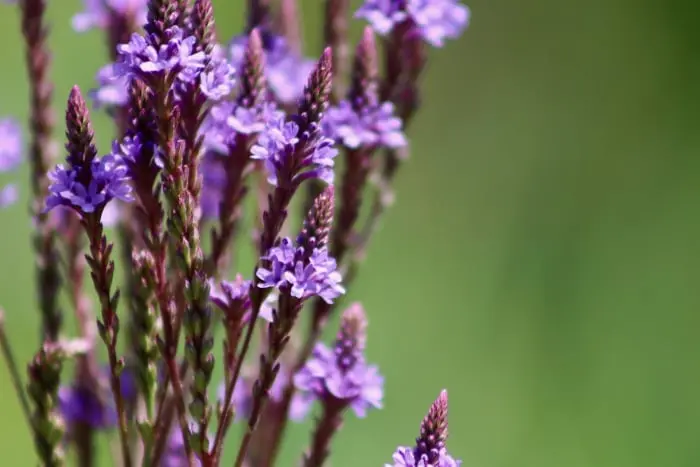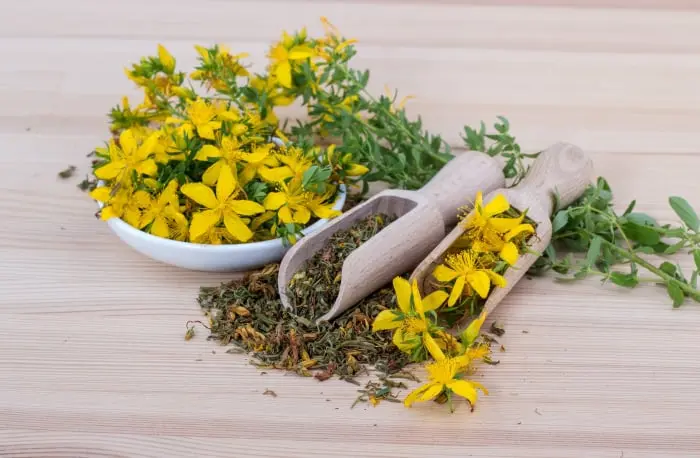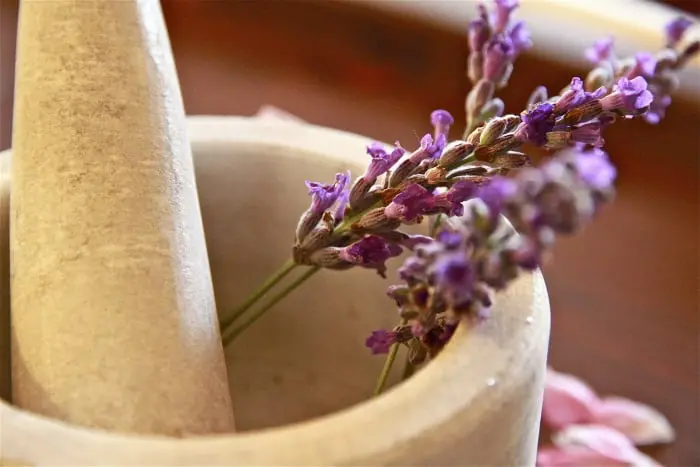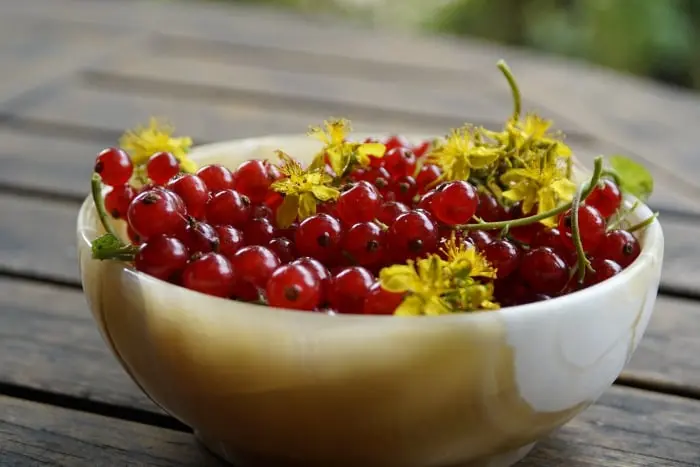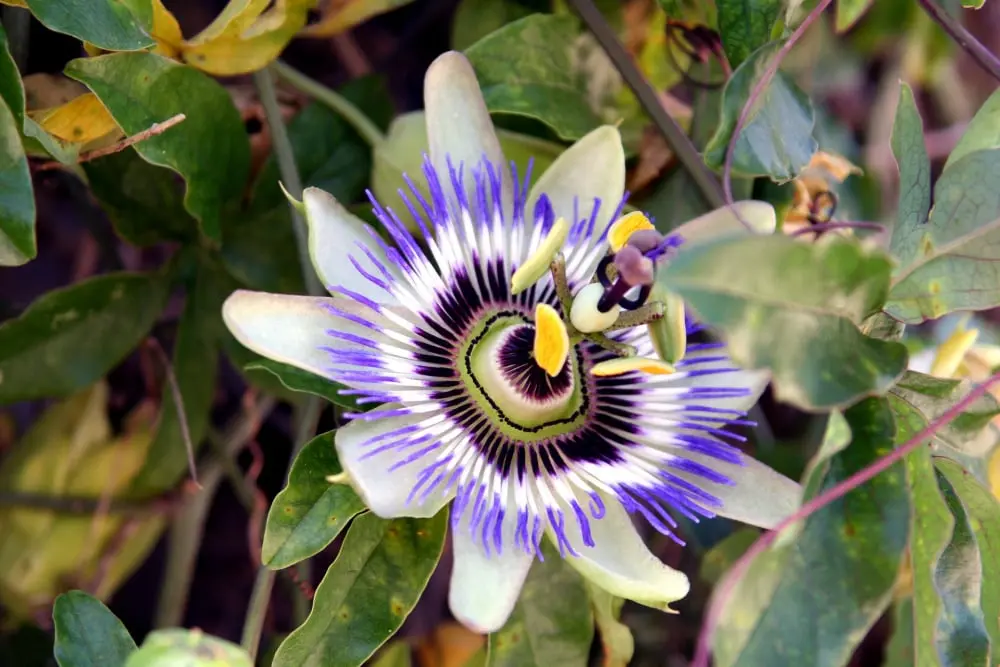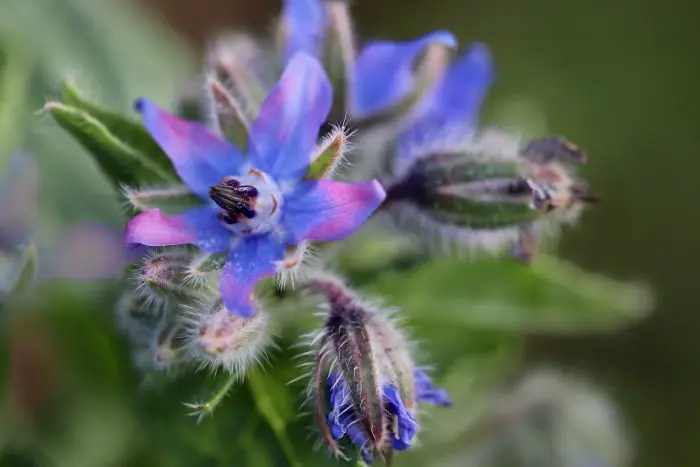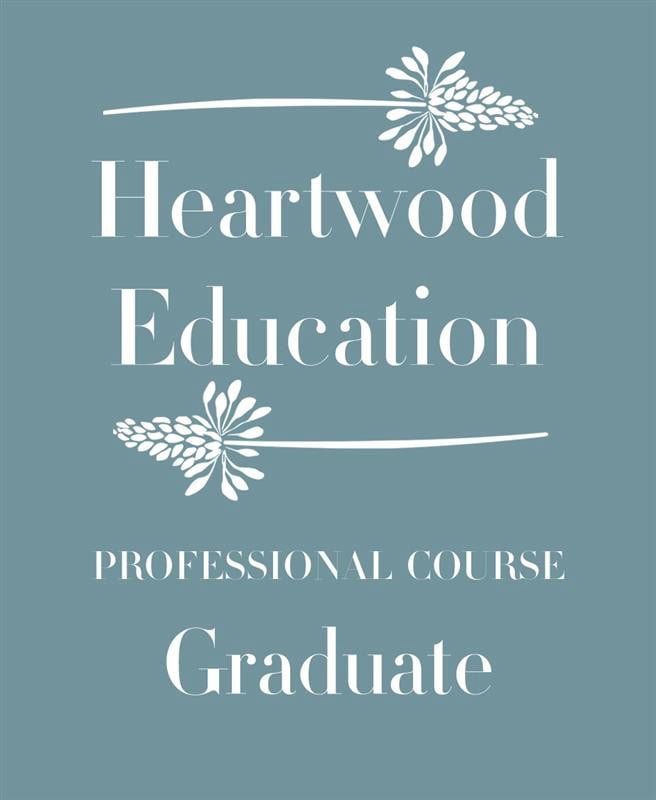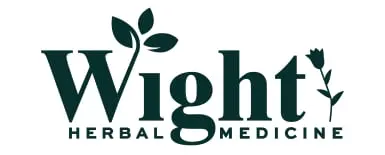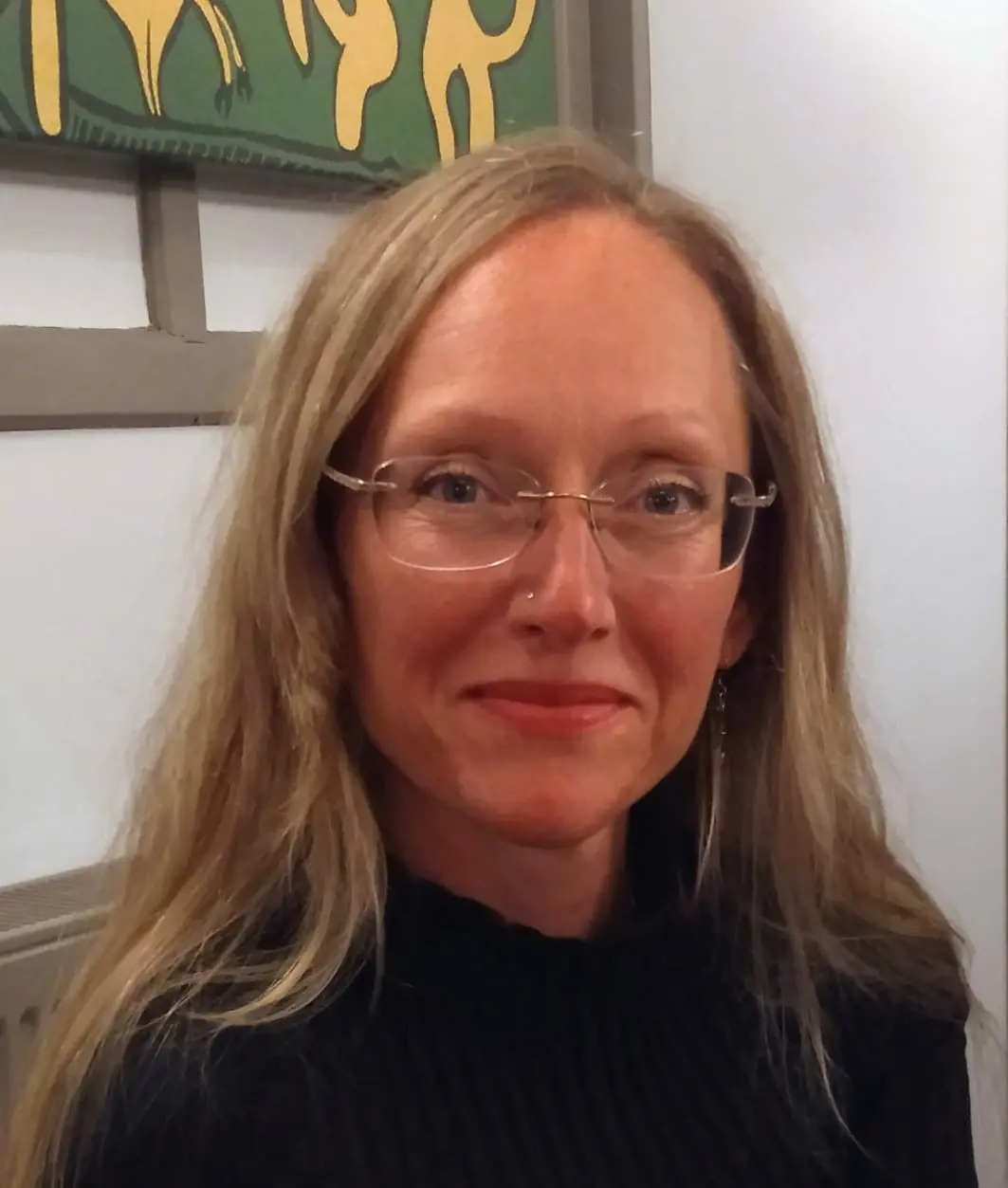
Lucy Padiña
Adv.Dip.HM, MNIMH, BAHons., PG Dip.Psych., Adv.Dip Tr.
I am a consulting medical herbalist. having completed a four-year Advanced Diploma in Herbal Medicine. I have been rigorously trained in the medical sciences including diagnostic reasoning, anatomy and physiology, pathophysiology of disease, clinical examinations, pharmacognosy and drug/herb interactions. Alongside medical training, I have studied the materia medica (the medicinal plants) their constituents, therapeutic actions and uses and completed 500 hours of supervised clinical practice.
